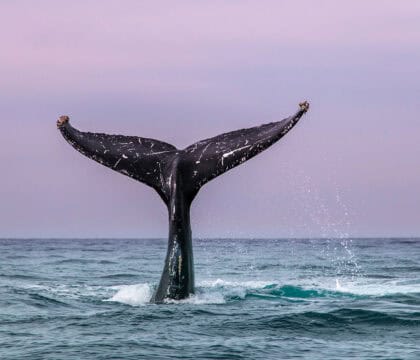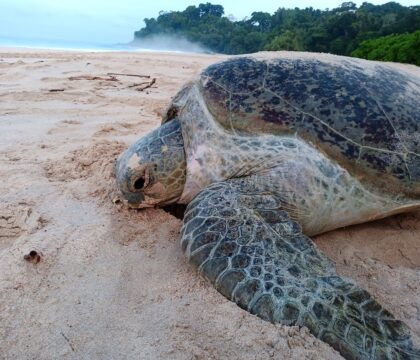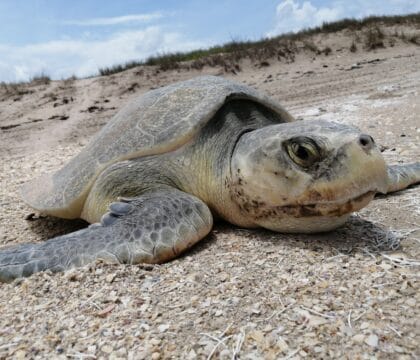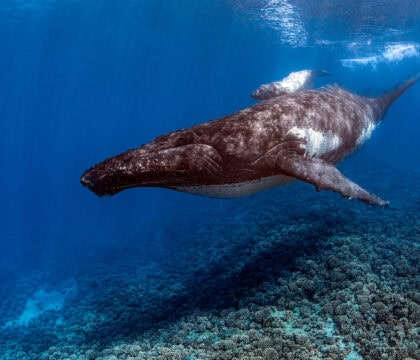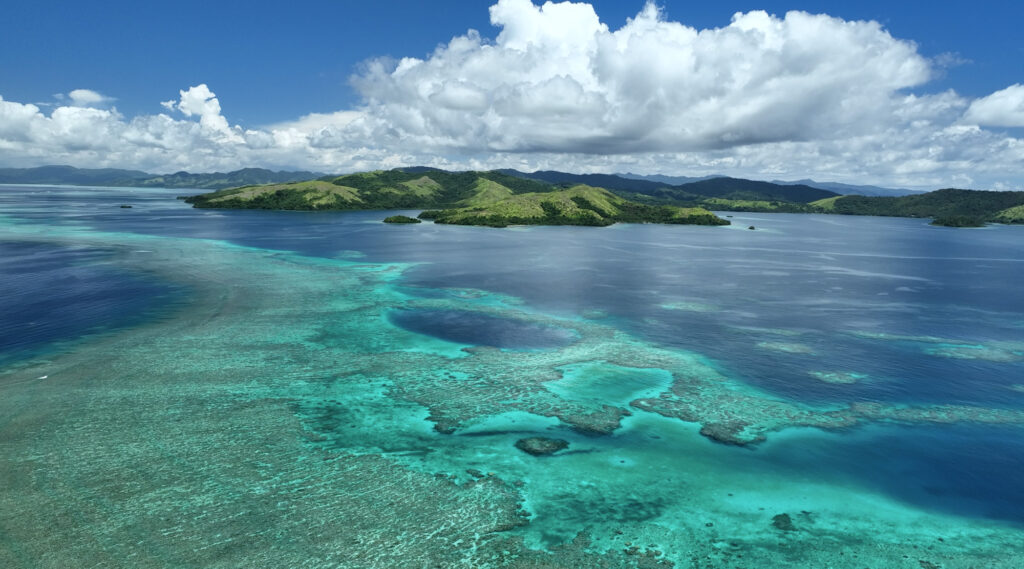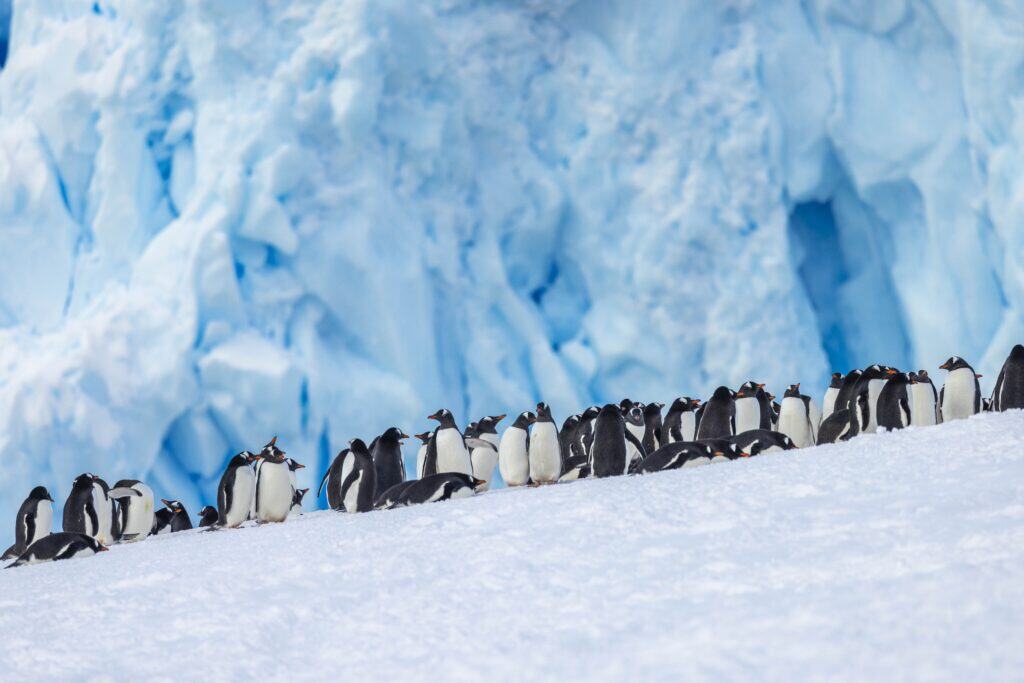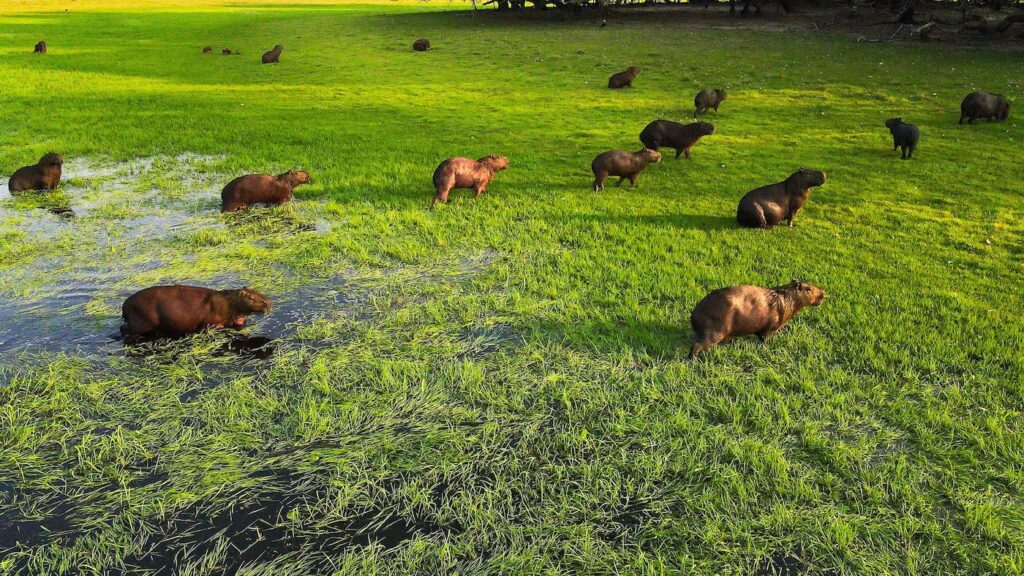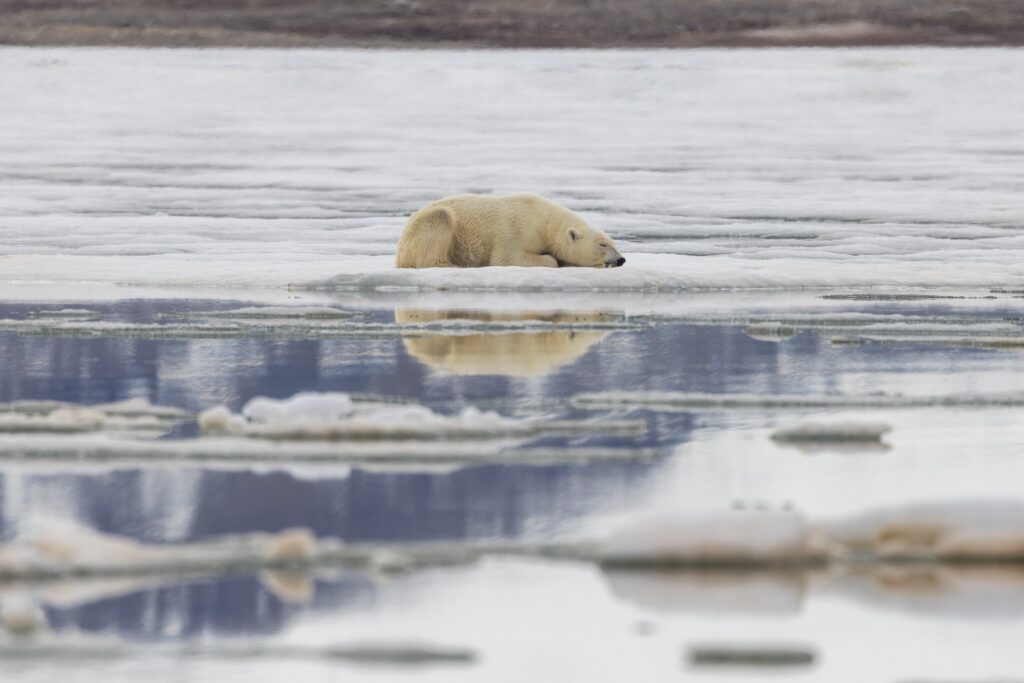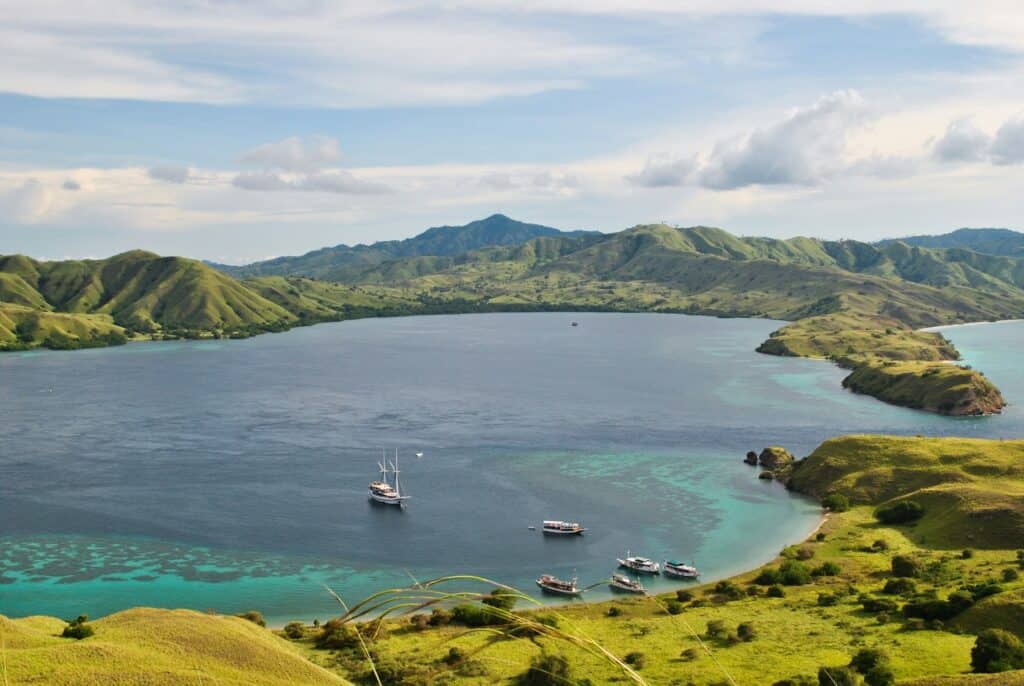November 2, 2020 • Field Notes, Ocean Facts
We are pleased to share with you a recording of our most recent Field Notes webinar, ‘Using Drones for Marine Mammal Conservation’ with Oceanic Society naturalist and PhD candidate Eric Ramos, hosted by Wayne Sentman, Oceanic Society’s Director of Conservation Travel Programs.
Register here for our next Field Notes webinar on December 9 with Oceanic Society president & CEO, Roderic Mast! One of the world’s leading sea turtle experts, Rod will discuss the status of sea turtles worldwide, the major threats they face, and the role each of us can play in helping save sea turtles
If you are not already on our mailing list, please be sure to sign up here, and/or follow us on Facebook, Instagram, and Twitter to make sure you receive the announcements for future Field Notes.
Questions & Answers
Questions have been organized beneath subheadings for convenience. Written responses are included below. For questions that were answered live, we have provided the timecode to watch the answer in the webinar recording.
Biology
Q: Is there any difference between Pacific bottlenose and Caribbean?
A: Answered live at 49:50
Drones & Research
Q: So you mainly use air-drones, but do you use subsurface drones at all for the use of identification?
A: Answered live at 53:31
Q: You mentioned the skin diseases on the dolphins early in your presentation – are the signs of that visible from your drone footage?
A: Answered live at 59:02
Q: Is there a “drone-share” program in Pacific Mexico where organizations share their drones to other organizations for scientific research?
A: Not that we are aware of.
Drones & Disturbance
Q: At what height were drones when manatees “reacted”?
A: Answered live at 51:16
Q: Have you considered putting noise suppression devices on the drones? (assumes that the noise rather than the visual detection is what is disturbing the dolphins).
A: Answered live at 52:34
Q: What did you observe about disturbance of birds by drones?
A: Answered live at 54:20
Q: Have you measured the sound impact underwater at different depths? In other words, how noisy are they to the dolphins?
A: There are a few papers on this topic:
Drone Technology / Technical
Q: How much should one budget for an effective/quiet drone?
A: Answered live at 55:20
Q: Eric mentioned the question around nocturnal vs day activity of ocean mammals – are there drones that can be fitted with night/infra-red cameras to learn more?
A: Answered live at 57:54
Other Questions
Q: How is your research in protecting animals via national laws?
A: Answered live at 56:23
Q: Are any of these videos available to rewatch somewhere? They’re fascinating
A: You can find more of Eric’s work and videos at https://finsconservation.org/ and on Eric’s YouTube channel.
Travel Opportunities
Expedition programs are available beginning in early 2021, see our most recent COVID travel update here. Private departures for groups of 4 or more can be arranged. For those ready to get back out there, here are a list of Spring departures that still have space available: Baja Whales, Baja Whale Sharks & Snorkeling, Belize Snorkeling, and Panama Wildlife & Snorkeling.
Staying Engaged from Home
For more ways to stay engaged virtually, considering joining Oceanic Society’s new membership program! For as little as $5/month, you will join this growing community of ocean-lovers and receive exclusive updates about our work (see a sample of our June member’s only newsletter, The Tide, here). Members provide needed, consistent support that makes a real difference to our work!

